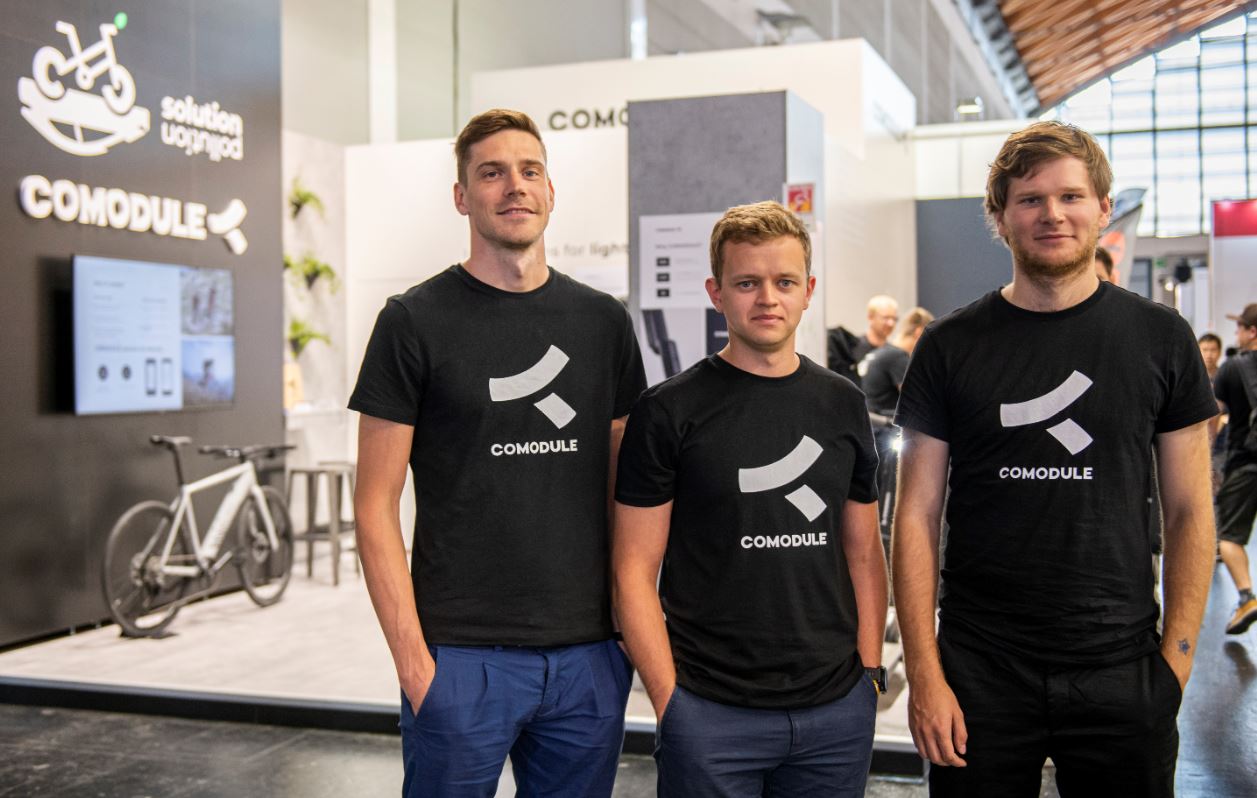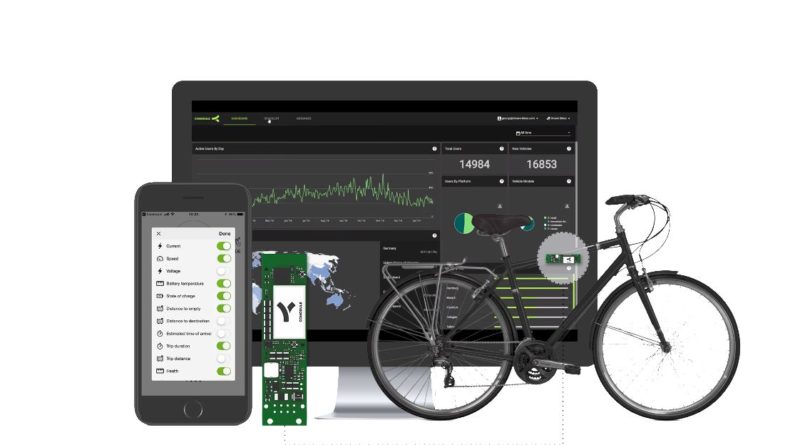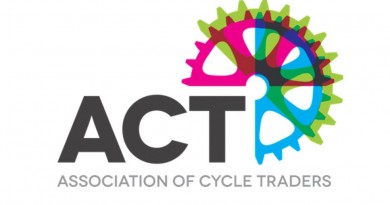Comment: Why usership, not ownership, is the future for the bicycle industry
On the eve of the biggest bike events in Europe – Eurobike 2019 – Kristjan Maruste, CEO of Comodule, gave a keynote speech about the future of the bicycle industry at the Bike Biz Revolution conference. It was an event for trade leaders to exchange ideas and meet others from the industry.
Before we dive into Kristjan’s speech and the future of the bike industry, lets meet one of the founders of Comodule. Kristjan, named in Forbes’ 30 Under 30 Europe in 2016, is a tech-entrepreneur who has lead a TOP 5 Formula Student team. In 2014, he co-founded Comodule to provide IoT solutions for Light Electric Vehicles. The business has grown to employ 56 team members, has helped to launch e-Scooter sharing in 59 cities and connected over 150 000 vehicles globally.
“OWNERSHIP IS DEAD, USERSHIP IS GROWING” 
Kristjan was one of the last speakers of the event and drove home the main point of the day – ownership is dead and usership is growing.
Kristjan explained: “First, I thought it is dying, but after seeing the rest of the talks at Bike Biz Revolution, I am convinced it is dead. People really don’t want to own things. They want to use things, they want to have it as a service.”
Then he went on explaining what is the concept of usership: “You listen to music (Spotify), but you don’t own music. Ownership is dead and usership is growing; that’s the future of the bike industry, argues Maruste. “You watch movies (Netflix), but you don’t own the movies. Now we ride kick-scooters, but we don’t own them. Therefore, there are business models where we don’t own the product and there are models where you own the product, but it is based on the service and user experience you get.”
Nevertheless, Kristjan claimed that usership is a good thing. For the bike industry, it means that it takes away the focus from hardware to the actual service and business model. With various e-Bike sharing models we can see that the bikes are all the same and the users don’t particularly care what kind of components it has. They care more about the experience it provides.
THE BEST TIME TO BE IN THE BIKE INDUSTRY
Kristjan continued: “The winner of the next ten years will be everybody who puts the user in the center of their focus and builds a product around that. I am an engineer myself, so for me to say that product is not that important and service is more important, is very complicated. A lot of us (bike industry) have the same problem, we have been in the bike business and we love hardware and all the different components and nuances. But the reality is that service is more important than hardware and those who focus on that are going to win.”
Kristjan also believes that this is the best moment in history for the bicycle industry. Bikes and other light electric vehicles are getting more and more popular. Even the car industry giants are investing into big platforms for bikes and scooters.
WHAT IS THE OPPORTUNITY THIS SHIFT IS GIVING US?
It is about engagement and customization for your user while earning more money, because you don’t have to make extra investments into developing hardware. The way you can create extra value for the customer is to connect your vehicles via Internet of Things technology and build a business model on top of that.
“For example, a company called Vanmoof sells bikes with GPS and GSM tracking inside the bike and when stolen, they retrieve it for you. At first, this feature was part of their value offering, but now they sell it as an extra feature, it is called “Peace of Mind Service”. They charge the customer a 100$ a year on top of the bike price without doing any extra investments. Everybody wins, the customer gets their bike back when stolen and the company earns extra revenue,” said Kristjan.
THE VALUE OF IOT FOR THE BIKE INDUSTRY
Comodule also offers a similar solution to one of the largest bicycle manufacturers Pon, which owns Gazelle bikes. Some models of the Gazelle bikes are GPS protected and also have the IoT hardware technology integrated into vehicles that opens up other business opportunities. For example, connected Gazelle bikes are used for sharing under a company called Movelo. Connectivity solutions also help component manufacturers.
“For example, one of Comodule’s clients Fazua – a drive train manufacturer – offers an App for every bike user that has a Fazua drive train and that allows Fazua to build a relationship with the user,” said Kristjan.
He concludes: “When we started connecting vehicles and putting e-SIMs in them six years ago, everybody thought we were crazy and to be honest, we didn’t know where the industry was heading either. We thought that it was cool, but now we can see clearly that IoT is the gateway to new business opportunities and better customer experience.
“I think that IoT and connectivity should be an invisible layer where bike and component manufacturers can build their services on top of. There is no need for the bicycle industry to think about 2G, 3G, firmware, GPS, CAN bus etc. Rather, the bike industry should focus on how to create a better service and customer experience while we take care of the complicated technical part of IoT. Think of IoT as a tool to create new profitable services and don’t forget that this is the best time in history to be in the bicycle industry.”



